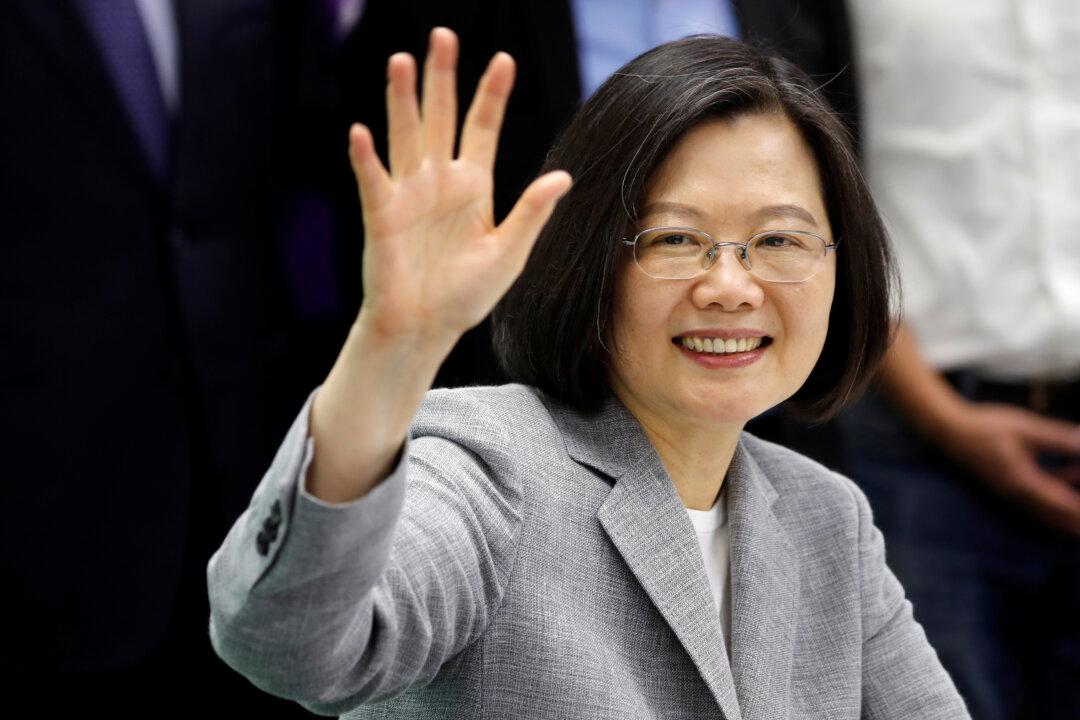BEIJING—Recent anti-government protests in Hong Kong are echoing in Taiwan, possibly giving the island’s President Tsai Ing-wen a lift in her campaign to resist Beijing’s pressure for political unification and win a second term in next year’s elections.
The demonstrations sparked by Hong Kong Chief Executive Carrie Lam’s now-shelved push for an unpopular extradition legislation have turned a glaring spotlight on China’s “one country, two systems” framework for ruling the former British colony, the same formula that Beijing envisages imposing on self-governing Taiwan.





